Potential of CAR T cell therapy in CLL

Standing from the crowd in refractory CLL?
Last year the two FDA approvals of tisagenlecleucel (Novartis) and axicabtagene ciloleucel (Kite/Gilead) CAR T cell therapy for hematologic malignancies such as pediatric acute lymphoblastic leukemia (pALL) and non-Hodgkins lymphoma (NHL) have captured a lot of attention.
It’s worth remembering, however, that back in 2010 the first patient who had a dramatic response to CD19 targeted CAR T cell therapy was actually a gentleman with advanced chronic lymphocytic leukemia (CLL), the case study of which was subsequently published by Porter et al., (2011) in the New England Journal of Medicine.
We’ve been following CAR T cell therapy and its potential in CLL for some time now, with all the successes, trials and tribulations along the way.
Dr David Porter (Penn) told BSB earlier this month:
“The very first patients we treated are now eight years out from their infusion, a little over eight years, and still in remission, still doing extremely well with no evidence of disease or progression, never had any other therapy. So, I think it’s become very clear that for some patients this is effective in the far advanced setting.”
It’s now two years since we last spoke and it was a great pleasure to reconnect with Dr Porter. As he told BSB at ASH in San Diego:
“One way you make it better is to understand why it’s working and why it’s not.”
What have we since learnt about the potential for adoptive cellular therapy in CLL and what new insights did we gain from new data presented at ASH18? The answers may well surprise you.
To learn more from our latest assessment and get a heads up on our oncology insights, subscribers can log-in or you can click to gain access to BSB Premium Content.
This content is restricted to subscribers
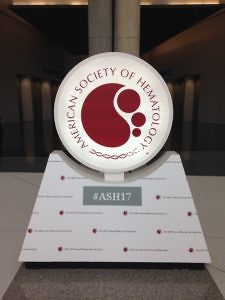
 In yesterday’s wide ranging interview we explored in-depth how these therapies are impacting the broader landscape, as well as emerging trends in how these regimens might be used.
In yesterday’s wide ranging interview we explored in-depth how these therapies are impacting the broader landscape, as well as emerging trends in how these regimens might be used.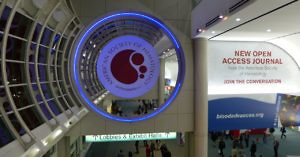

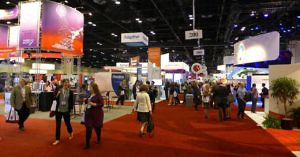 In recent years, there’s been a lot of progress in the treatment of chronic lymphocytic leukemia (CLL). New targeted therapies such as ibrutinib (Imbruvica) and idelalisib (Zydelig) have been approved and have helped extend the lives of patients with this disease further. However, there still remains a need for new treatment options.
In recent years, there’s been a lot of progress in the treatment of chronic lymphocytic leukemia (CLL). New targeted therapies such as ibrutinib (Imbruvica) and idelalisib (Zydelig) have been approved and have helped extend the lives of patients with this disease further. However, there still remains a need for new treatment options.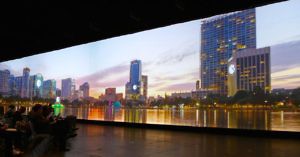
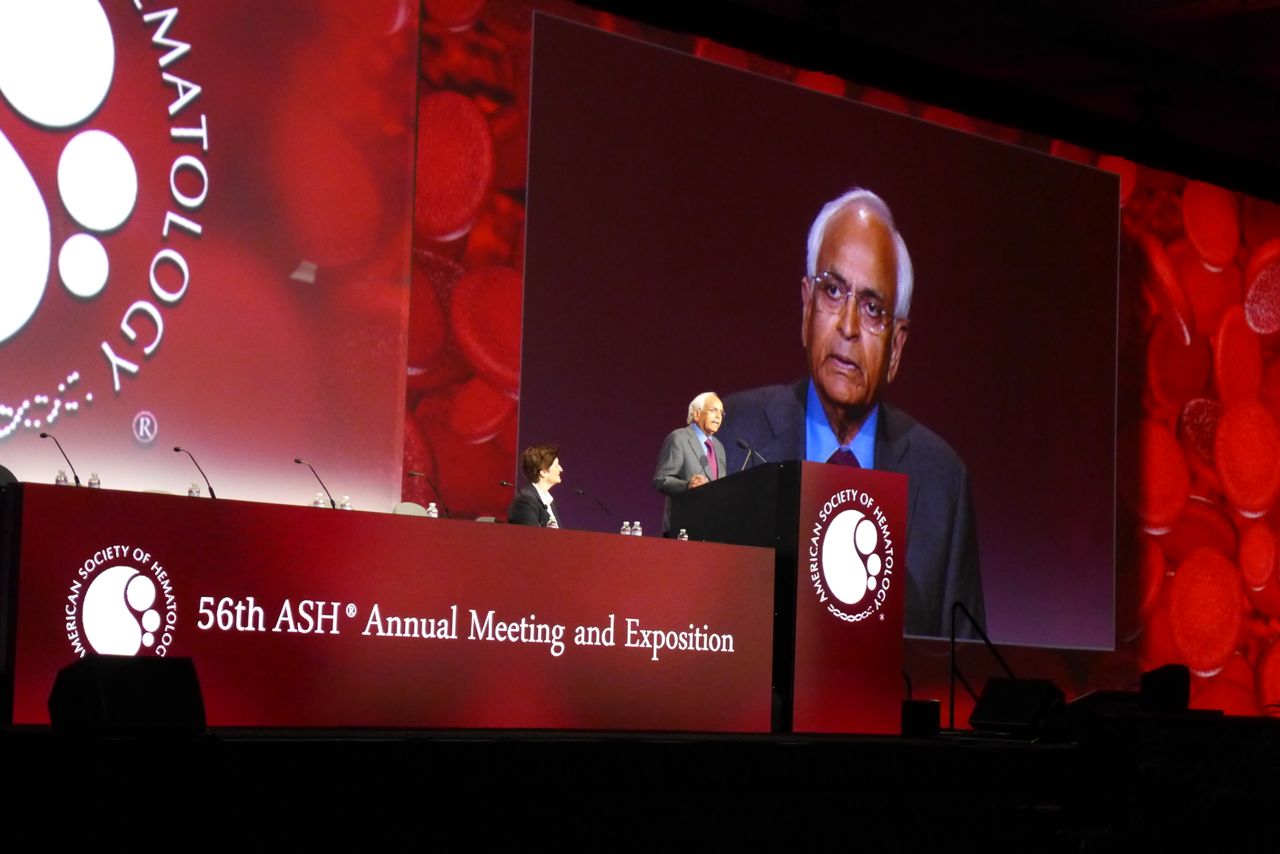
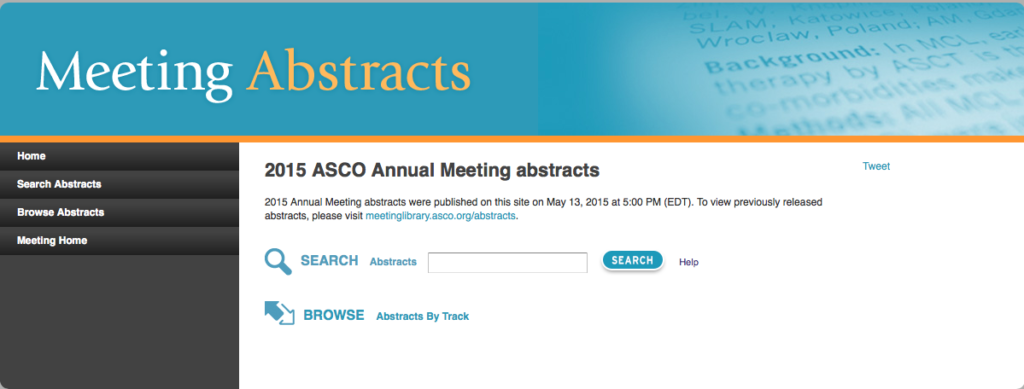
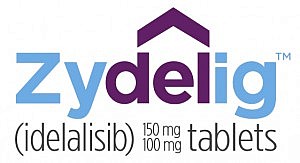 With the flurry of recent US and EU approvals for obinutuzumab (Gazyva), ibrutinib (Imbruvica) and the newest kid on the block, idelalisib (Zydelig), in CLL and indolent lymphomas, I wanted to take a look at these drugs from a different perspective.
With the flurry of recent US and EU approvals for obinutuzumab (Gazyva), ibrutinib (Imbruvica) and the newest kid on the block, idelalisib (Zydelig), in CLL and indolent lymphomas, I wanted to take a look at these drugs from a different perspective.